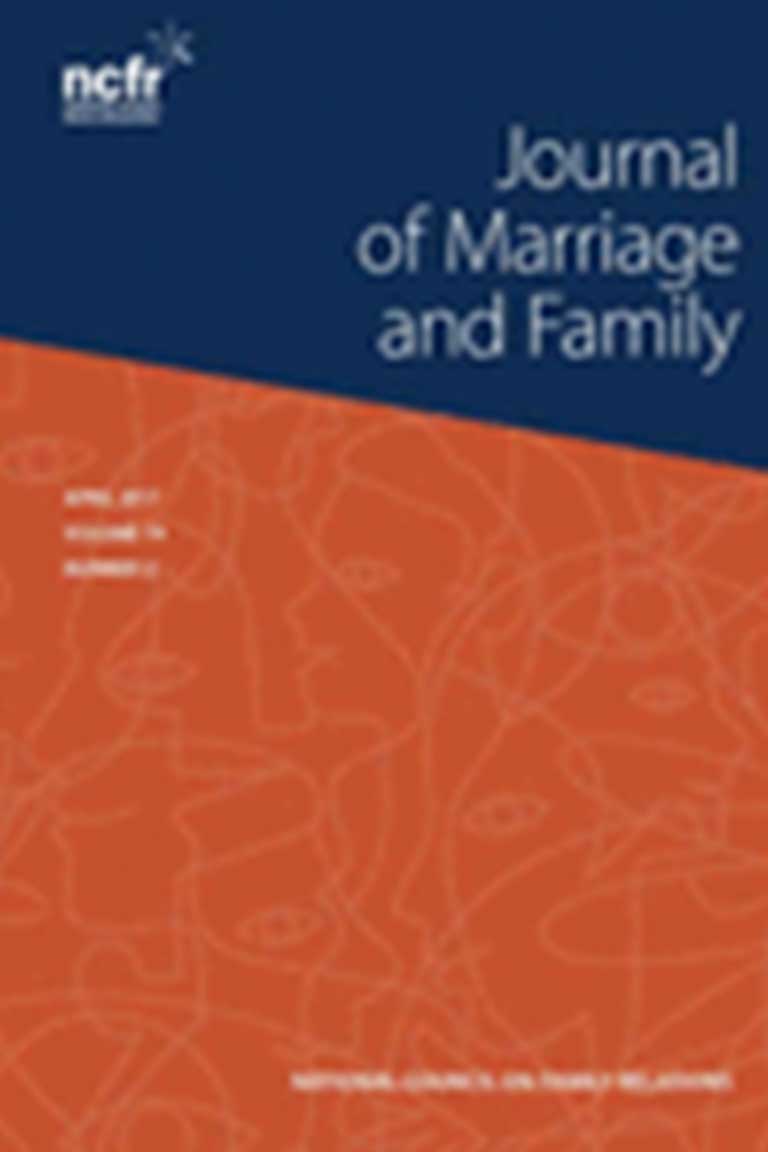Developmental Idealism Theory suggests that individuals who endorse developmental idealism schemas about marriage are more likely to choose their own spouses and do so for love. Such developmental idealism schemas conflict with South Asian gender schemas about marriage for women, but not for men. In turn, such conflict and compatibility may create gender differences in incorporating developmental idealism into expectations and experiences of marital choice and love in South Asia. Connections between endorsing developmental idealism as an abstract model of the world and using developmental idealism as a concrete guide for marriage may also differ by gender. Using survey data from Nepal, the author finds that men are more likely than women to expect to choose their own spouse and do so for love. Their parents' expectations show the same gender differences. Men are also more likely to choose their own spouses in practice. Connections between abstract and concrete developmental idealism are not stronger among men though.
Conflict and Compatibility? Developmental Idealism and Gendered Differences in Marital Choice
Conflict and Compatibility? Developmental Idealism and Gendered Differences in Marital Choice
- Keera Allendorf
- Publication Date
2017 - Website
- View Publication Information
 The College of Arts
The College of Arts